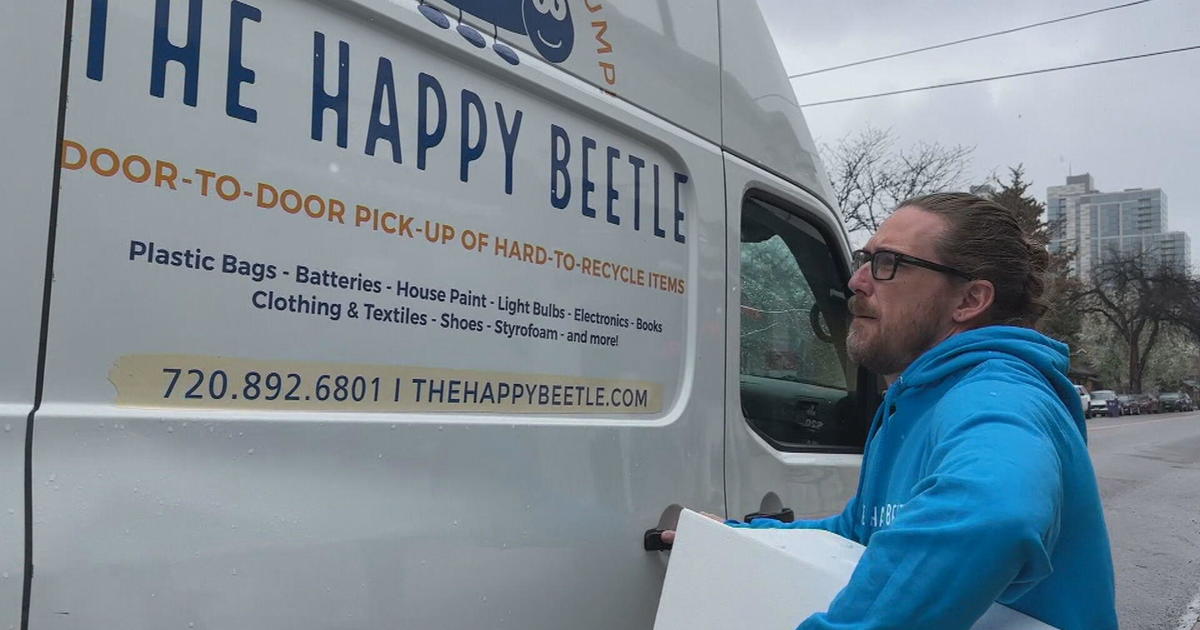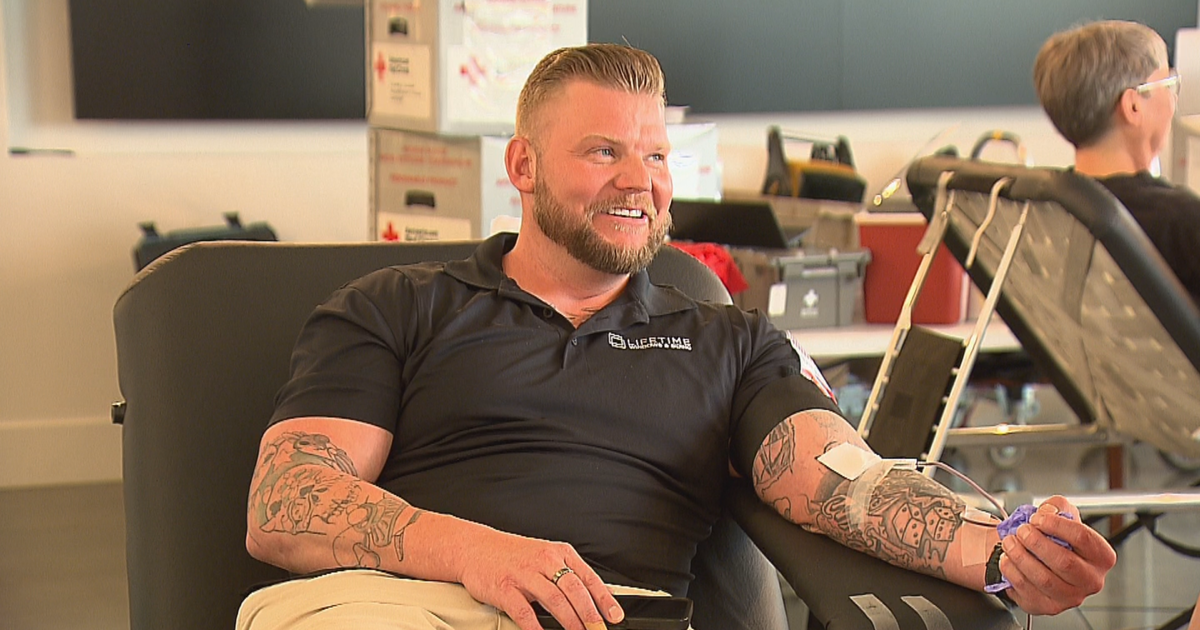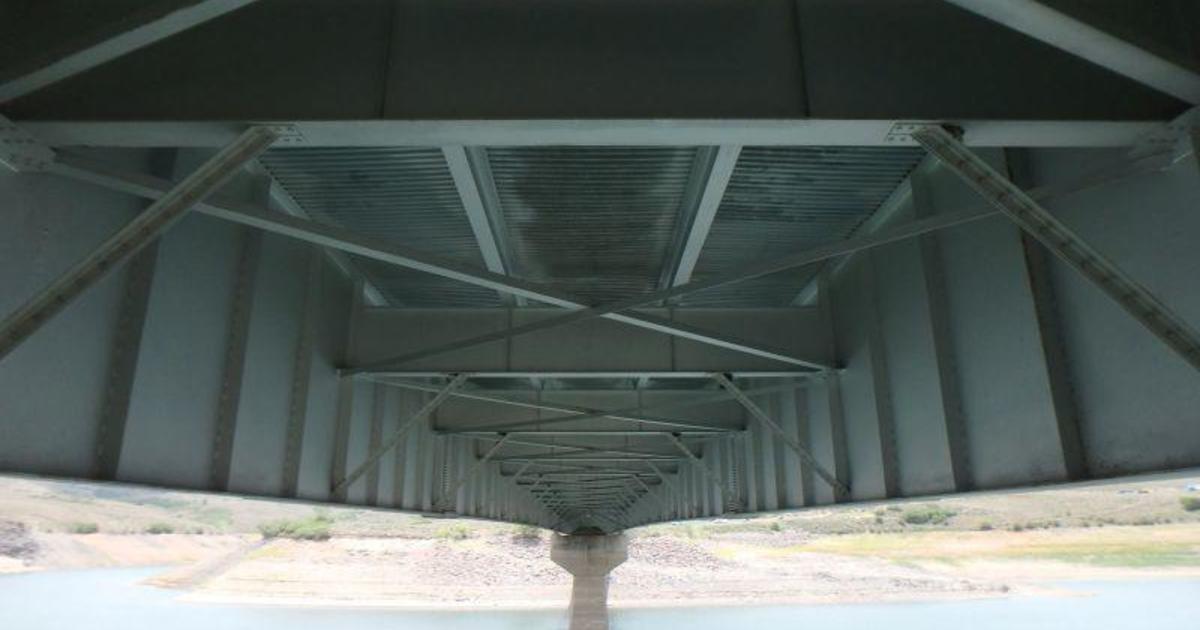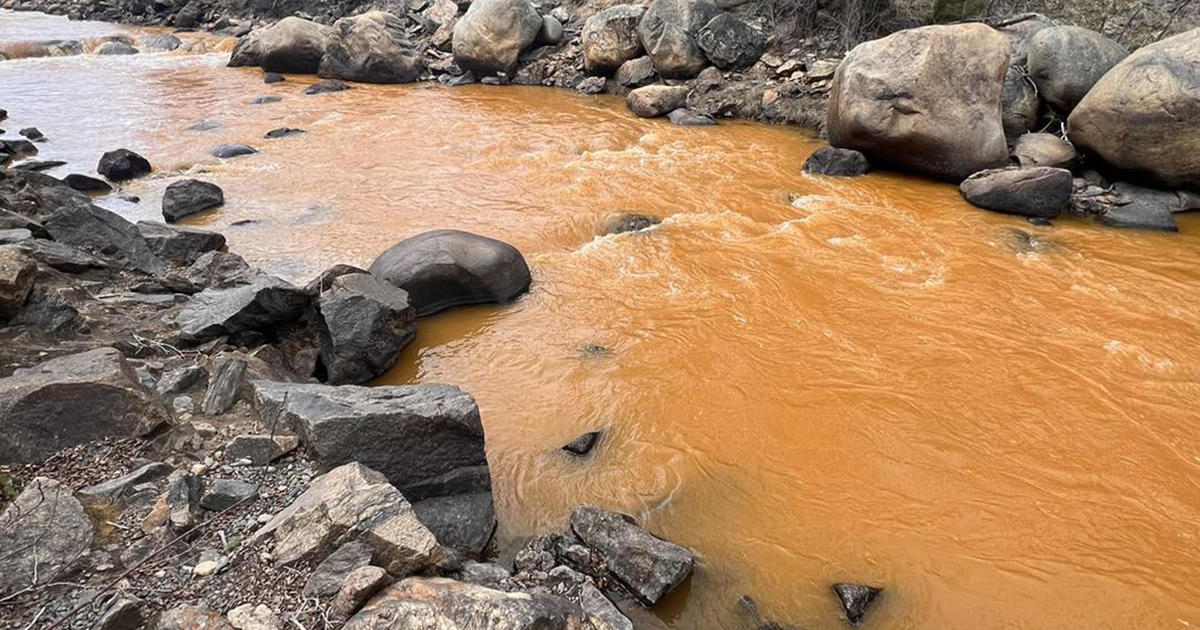What You Need To Know About Ebola In America
The fact that the first case of Ebola has been detected in America is a concern, but not a surprise. In today's world of air travel, it was only a matter of time.
So does this mean we now have yet another major worry in our already stress-filled day-to-day lives -- the concept that we are going to become infected by, say, getting on an airplane, going to the ER for a sprained ankle, or even going to the grocery store?
Not at all.
For the most part, this single case has been handled fairly well -- except for one possible slip-up (see below), and the public health system has already kicked into high gear to make sure there are no other Ebola infections out there -- and if there are -- finding and isolating them as quickly as possible.
Let's hit some quick facts:
Your risk is low. You need to be up close and personal to "catch" Ebola. Meaning it's generally caretakers, health care workers, and family members of a sick individual who are at risk. So you have to come in contact with bodily fluids such as blood, urine, diarrhea, etc. to be in contact with the germ. It is NOT spread through a cough or sneeze.
The person carrying Ebola needs to be physically sick in order to be contagious. That means they can't infect you even as the germ incubates in their bodies. So, the people who flew on the plane with this patient have very little to worry about. Personally, I would not be freaking out if I was on his flight.
The incubation for Ebola is 2-21 days, which the average being just about a week. The first symptoms are fever, chills and aches -- basically flu-like. Vomiting and diarrhea come quickly. When people tank, they lose the ability to have their blood clot, so they get bruising and bleeding. This is how infection is spread. However, the germ is easily killed by disinfectants. Gloves, masks, etc. also protect a caregiver or health care worker.
Even though you've seen the "spacesuits," they are just an extra precaution. Common sense protection like we use in the hospital with any person with infection or bleeding are thought to be enough.
I'm not sure what happened in Texas -- why the patient went to the ER a few days after travel, was discharged, and then became extremely ill two days later. You'd think simple questions about travel history and exposures should have raised some red flags -- but without knowing the whole story, it's hard to second-guess from a distance.
But there is information floating around suggesting the ER did not ask and the patient did not say anything about recent travel. This would be a major error and could contribute to spread. Those of us in health care have had these instructions drilled into our heads over the past couple months, so I don't know how it could have slipped through the cracks. And slips through cracks are not what are needed now.
In the meantime, health officials are keeping a close eye on anyone who had any contact with this patient, inside or outside of the hospital.
As for treatment, there is no medication to cure Ebola. No vaccine. No ready supply of the experimental serums. It's all supportive. But that's often all a patient needs. IV fluids, oxygen, blood transfusions if necessary, even dialysis -- a gamut of care unavailable in Western Africa.
In the meantime, no panic is called for. We are not going to be overrun or overwhelmed in the days, weeks, or months to come. The American health care system is capable of keeping this under control.
And be assured that hospitals and ERs across the U.S. got a stern wakeup call this morning about asking about travel histories.



